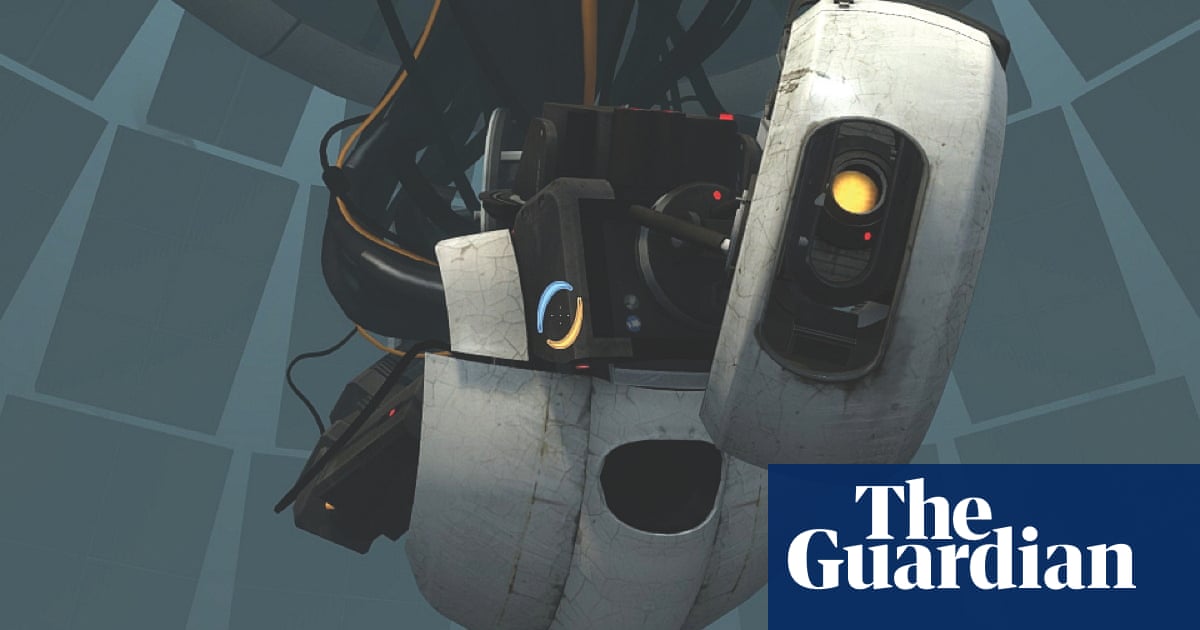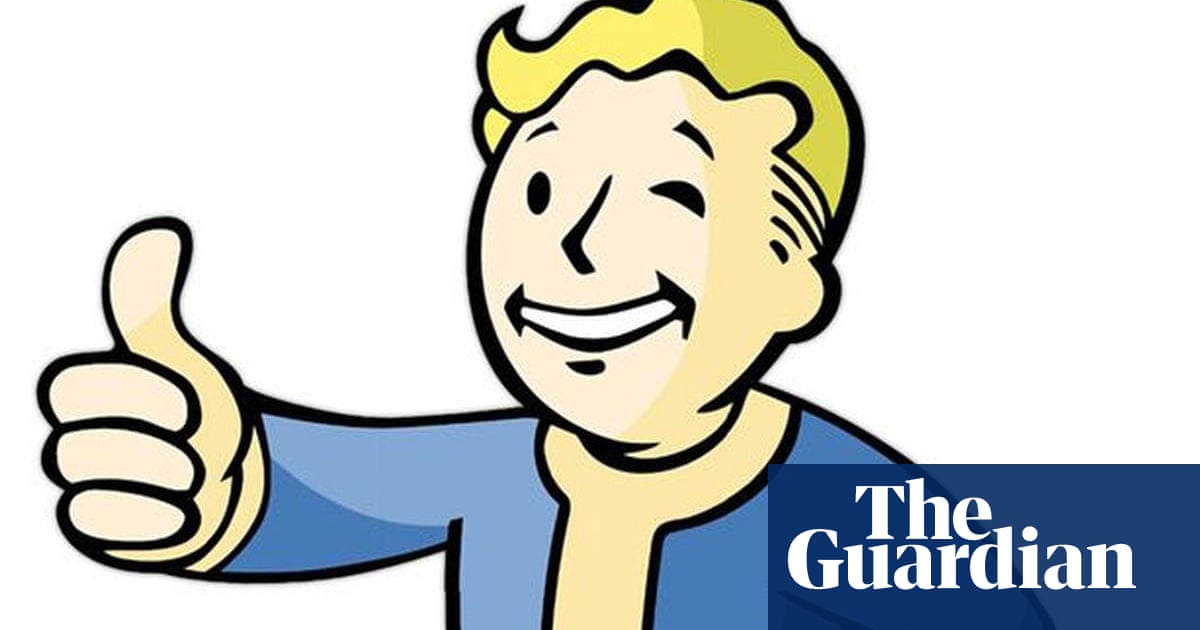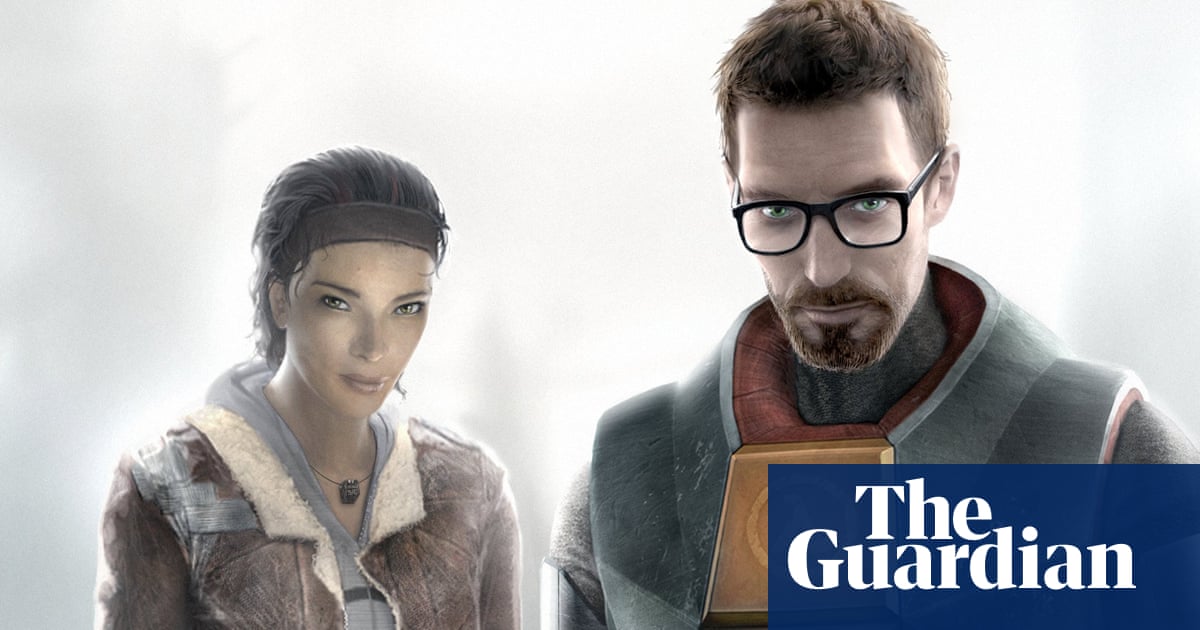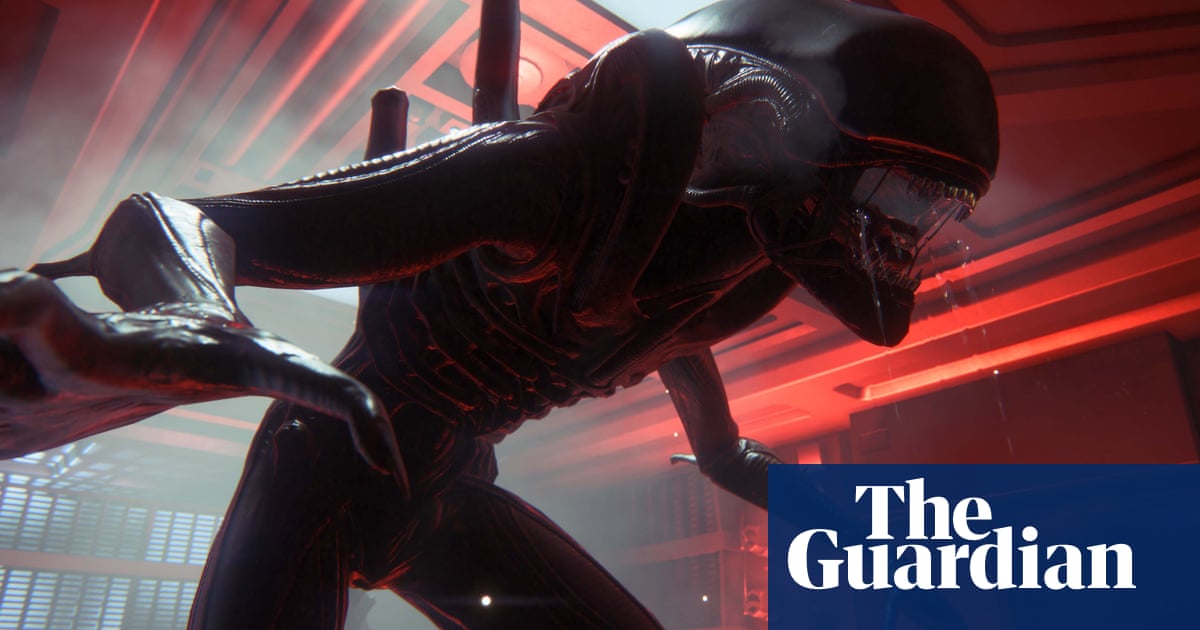
Portal/Portal 2 (2007/2011)
GLaDOS is surely video games’ most recognisable megalomaniacal AI, the creatively sadistic robot with a soothingly monotone, heartily evil voice that has been left in sole charge of a lab for far too long. Let’s be honest, her cheerfully murderous attitude towards humanity isn’t entirely unjustified.
System Shock/System Shock 2 (1994/1999)
Not content with simply taking over a space station, System Shock’s Shodan supercomputer gets into genetically mutating humans with pathogens of her own devising. These two sci-fi horror classics have you confronting this watchful, malevolent AI in space and cyberspace. A remake of the first game was released this week.
Observation (2019)
An interesting take on the whole humans v computers sci-fi trope, because here you are the computer, working with – or against? – the human occupants of a space station as weird stuff starts to go down. It’s chilling and surprising, taking 2001: A Space Odyssey’s Kubrickian inspiration in an unexpected direction.
Halo: Combat Evolved (2001)
In the first entry in Bungie’s sci-fi opera series, Master Chief meets a little flying intelligent robot eye called 343 Guilty Spark – who seems like a friend, until it turns out that he very much isn’t. Rogue AIs in games are pretty adept at masking their genocidal tendencies with adorably nervous personalities.
Chrono Trigger (1995)
In this brilliant time-travelling role-playing game’s future era, it turns out that robots have taken control of the Earth. Surprise! Their AI architect, Mother Brain, makes for a memorable boss, as the shimmering supercomputer rails against humans’ obsolescence.
Horizon Forbidden West (2022)
It’s easy to forget about Horizon’s plot as you enjoy fighting robot creatures and climbing around its geographically gorgeous post-apocalyptic US, but most of it revolves around tracking down the lost AI sub-functions that once restored life to Earth – except some of them have gone a bit wrong in the meantime. A reminder never to name an AI something like Hades.
I Have No Mouth, and I Must Scream (1995)
Developed by cult adventure game studio The Dreamers Guild and based on the Harlan Ellison short story, this is the familiar tale of a US defence computer that gains sentience and destroys the human race – apart from a handful of tortured survivors. Penned by the author himself, it’s a grim, bleak point-and-click exploration of ethics and humanity.
Parallax (1986)
One of the greatest ever Commodore 64 shooters, designed by Sensible Software and featuring beautiful multidirectional scrolling graphics. You are the pilot attempting to see off an invasion of Earth by an AI controlled starship, which you must infiltrate and blow up. Typically lovely Martin Galway soundtrack, too.
Detroit: Become Human (2018)
Quantic Dream creative director David Cage spent years researching AI and robotics before penning this thought-provoking and controversial adventure about enslaved androids fighting for their rights against oppressive human owners. As players control the actions of three such androids, the moral quandaries at the heart of the narrative have real, often shocking consequences.
Deus Ex (2000)
Warren Spector’s vast sci-fi adventure, set in a near-future dominated by warring corporate and government factions, is absolutely loaded with rogue AIs. At the heart of the complex story though is Daedalus, the world’s first autonomous AI, designed as a successor to the real-life Echelon espionage system, which then goes rogue, with typically calamitous results. Based on dozens of conspiracy theories, it’s a sort of paranoid textbook for the AI era.












